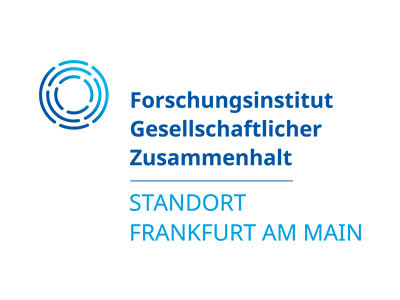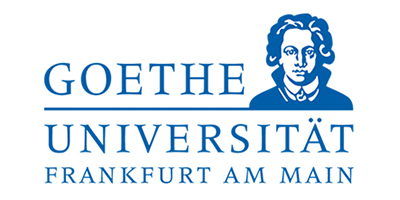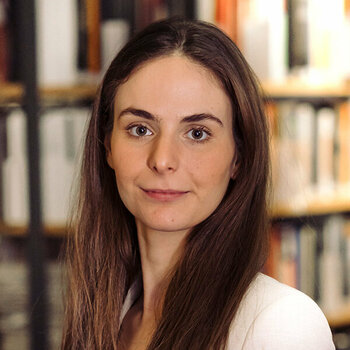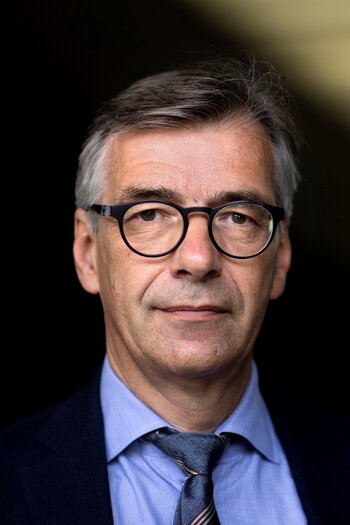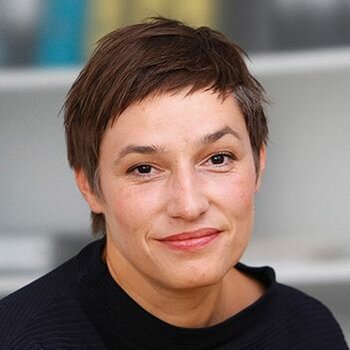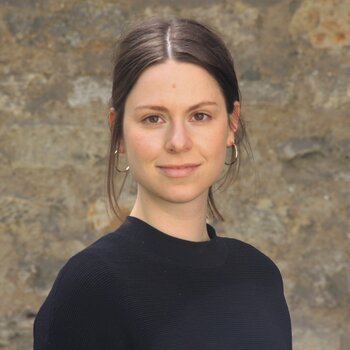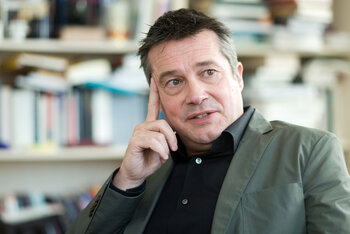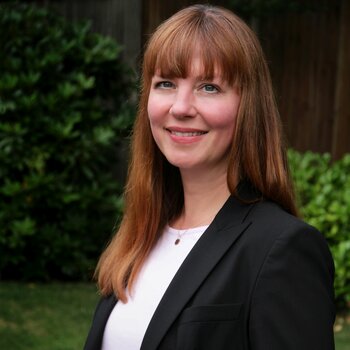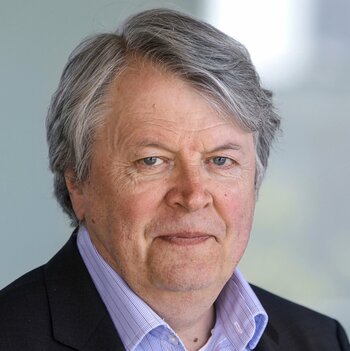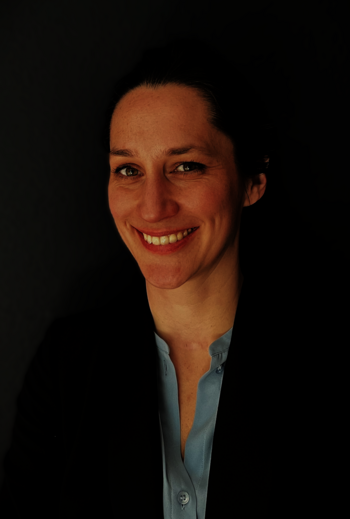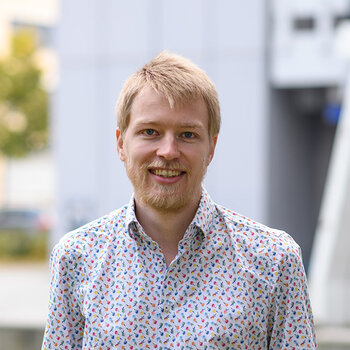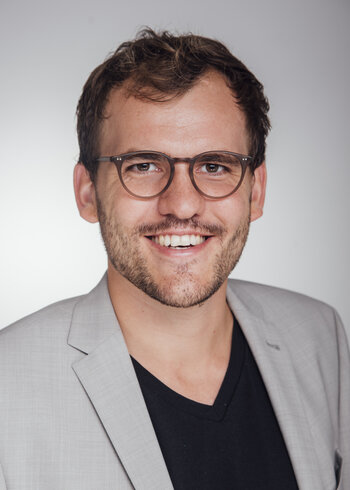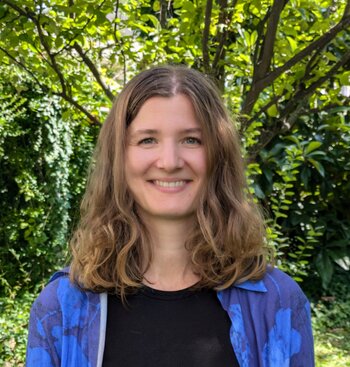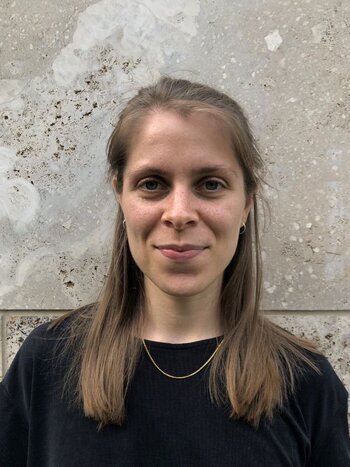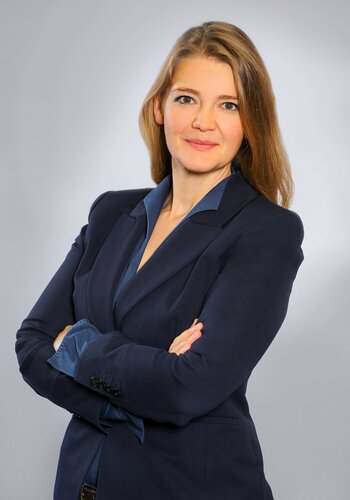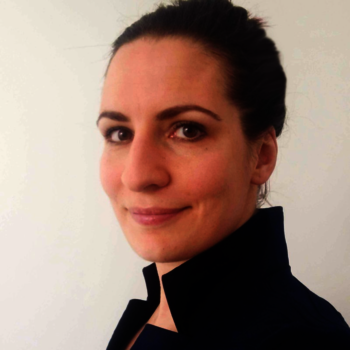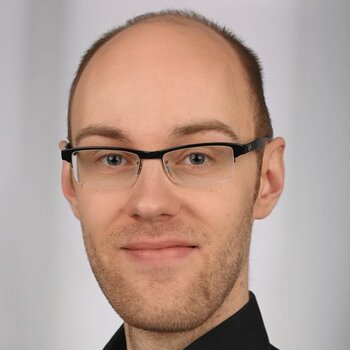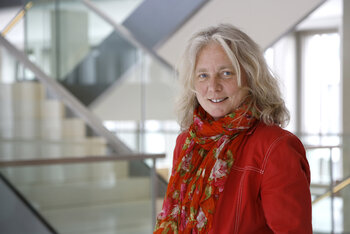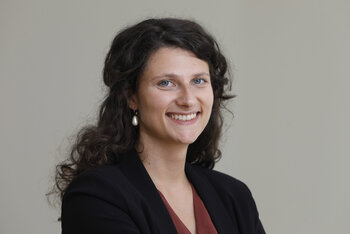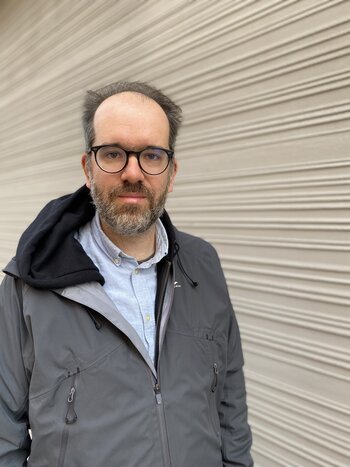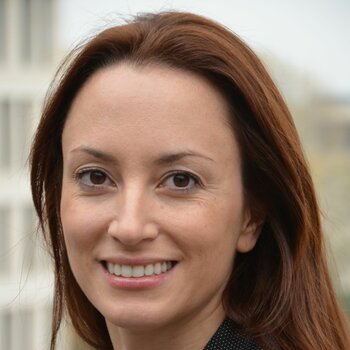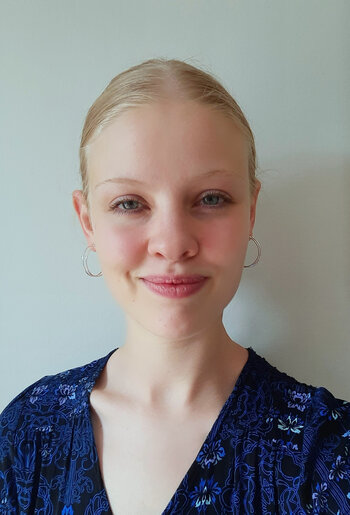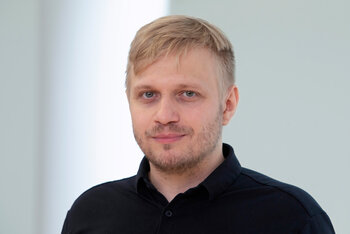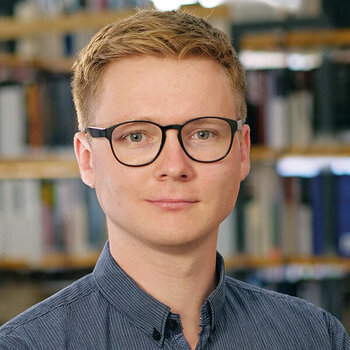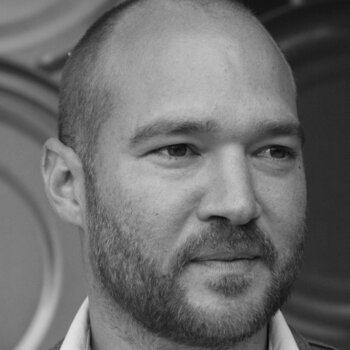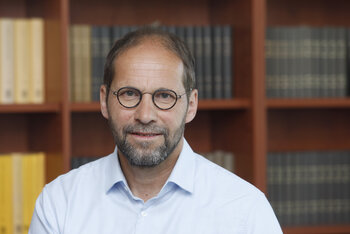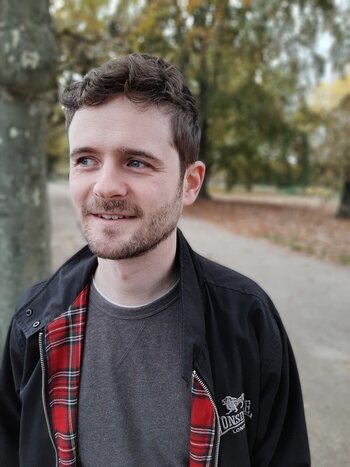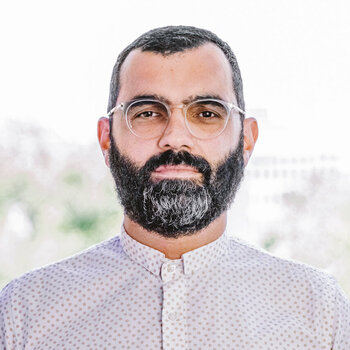Democracy and social cohesion need productive conflict! The researchers at the Frankfurt site investigate social struggles for recognition and participation and the productive power that can arise from such social and political conflicts.
The Frankfurt sub-institute can look back on a long and lively tradition of cooperation between philosophy, law and the social sciences in the study of social order, ranging from the beginnings of the Frankfurt School and the Institute for Social Research to the Cluster of Excellence "The Formation of Normative Orders”. It is this tradition which predestines the Frankfurt sub-institute to coordinate Cluster 1 "Theories, Policies and Cultures of Cohesion”. At the same time, the sub-institute also provides a specific perspective and expertise to the Institute as a whole. In the tradition of the Frankfurt School, this perspective focuses on conflicts over cohesion and explores the emergence and stabilization of cohesion in conflict and through conflict. Social cohesion is often seen as the result of common values and interests, or at least as a correlate of the homogeneity of a society, be it in terms of ethnic, religious or cultural characteristics. Such a view fails to recognise the problematic excesses of social cohesion that go hand in hand with the exclusion of those who think and look differently. Frankfurt, in contrast, puts a perspective on social struggles for recognition and participation and the productive power that can arise from such social and political conflicts.
The Frankfurt research projects focus on three aspects of the relationship between cohesion and conflict, which form the basis for the joint development of concepts and theory at the Frankfurt sub-institute:
Clarification of Key Terms and the Constitutive Significance of Plurality and Conflict for Cohesion
Firstly, the sub-institute contributes to a conceptual debate over "social cohesion" by clarifying the concept of social cohesion and by developing a specific conception of cohesion for democratic and pluralistic societies that emphasizes the fundamental significance of plurality and conflict for social cohesion under these circumstances. The Frankfurt researchers ask how our concept of cohesion should react to the political, socio-economic and cultural preconditions of liberal democracies, which are inevitably characterized by political competition, economic distributional conflicts and cultural plurality. It is their aim to develop an understanding of cohesion that is appropriate to these conditions.
Central Areas of Conflict in Social and Cultural Plurality: Work and Participation, Gender, Religion and Security
Secondly, the Frankfurt sub-institute conducts empirical research projects that examine sources of and threats to social cohesion in modern, pluralist societies as well as the mechanisms involved. Within this framework, the Frankfurt sub-institute investigates new forms of social and cultural plurality and their effects on specific aspects of cohesion, utilizing innovative research methods. Here, a particular focus is on cultural conflicts about changing attitudes towards gender relations and gender roles on the one hand, and on the dynamics of conflict and trust in the context of economic inequality on the other.
Renewing the Culture of Conflict and the Integrative Power of Institutions
The third focus is on praxeological strategies for renewing the culture of conflict in order to strengthen social cohesion by exploring the integrative power of institutions and procedures that not only allow conflicts to happen, but make them productive, thus creating trust, tolerance and solidarity. Here, the Frankfurt projects are based on the assumption that democracy and social cohesion are dependent on productive conflict under the conditions of plurality and conflicting interests. For it is not primarily shared values or cultural similarities that integrate democratic societies, but the productive resolution of conflicts. According to our approach, cohesion is thus generated in the mode of conflict. Accordingly, a society has a high level of social cohesion when it has a sustainable culture of conflict, when it acknowledges the diversity of individual group memberships and attitudes, and when conflicting justifications of who has which social positions and entitlements still overlap to such an extent that a common institutional system can function.
Establishment of Dialogue-Based Research
In Frankfurt, research questions, methods and findings are systematically developed and honed through dialogue with social actors. All research projects include their own transfer activities and are involved in the joint series "Frankfurt streitet!", which aims to make the importance of a culture of productive conflict for social cohesion in Frankfurt's urban society tangible.
The Frankfurt Section is headed by the political scientist Prof. Dr. Nicole Deitelhoff (chair), the philosopher Prof. Dr. Rainer Forst and the sociologist Prof. Dr. Daniela Grunow (vice-chair). The group of Principal Investigators further includes Prof. Dr. Christopher Daase, Prof. Dr. Nicola Fuchs-Schündeln, Prof. Dr. Markus Gangl, Prof. Dr. Klaus Günther, Prof. Dr. Sigrid Roßteutscher, Dr. Cord Schmelzle, Prof. Dr. Richard Traunmüller and Prof. Dr. Uwe Volkmann.
Together with Bremen and Leipzig, the Frankfurt sub-institute coordinates and manages the nationwide Research Institute Social Cohesion with its eleven locations.
Current information, events and transfer activities can be found on the Frankfurt Section's website.
Research Projects
All research projects at the Frankfurt site can be found here.
Aktuelles
Verhandlungen über Kriegsende: Wer könnte einen möglichen Frieden in der Ukraine sichern, Frau Deitelhoff?
» Externer LinkWeißes Haus stoppt USAID: Trump reißt eine Lücke, die seine Gegner füllen könnten
„Den Weg der Ukraine in die EU forcieren“: Frau Deitelhoff, worauf kann Kiew noch hoffen?
Verfassungsgericht entscheidet über Soli
» Externer LinkForschung zu Lebensqualität und Zusammenhalt in Passau, Ingolstadt und Winzer
» Externer LinkVerhandlungen über Kriegsende: Wer könnte einen möglichen Frieden in der Ukraine sichern, Frau Deitelhoff?
Militärausgaben auf Allzeithoch: Macht Aufrüstung die Welt sicherer, Frau Deitelhoff?
Weißes Haus stoppt USAID: Trump reißt eine Lücke, die seine Gegner füllen könnten
» Externer LinkTeam
Dr. Hande Abay Gaspar

Cosima Adams
Dr. Mirko K. Braack
Prof. Dr. Christopher Daase

Susanne De Wasch
Prof. Dr. Nicole Deitelhoff
Melanie Dietz
Prof. Dr. Rainer Forst
Prof. Dr. Daniela Grunow
Prof. Dr. Klaus Günther
Dr. Laura Hanemann
Felix Jäger
Felix Kämper
Sarah Ketterer
Deborah Kirchgässner
Prof. Dr. Stephan Lessenich
Heike List
Katja Maasch
Vincent Raim


